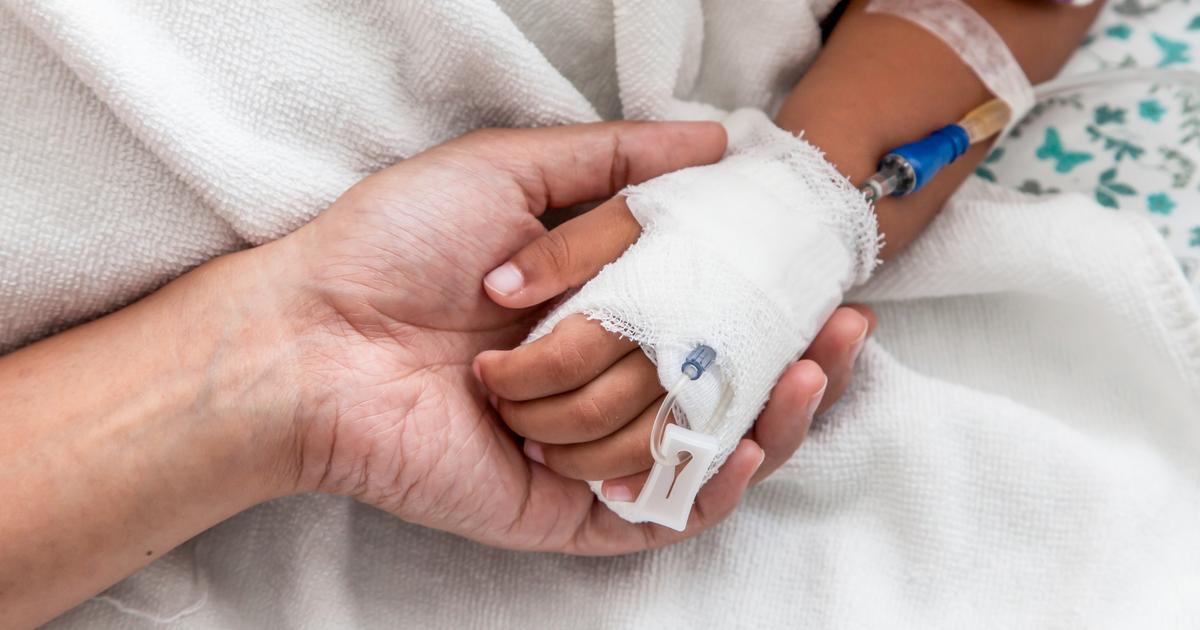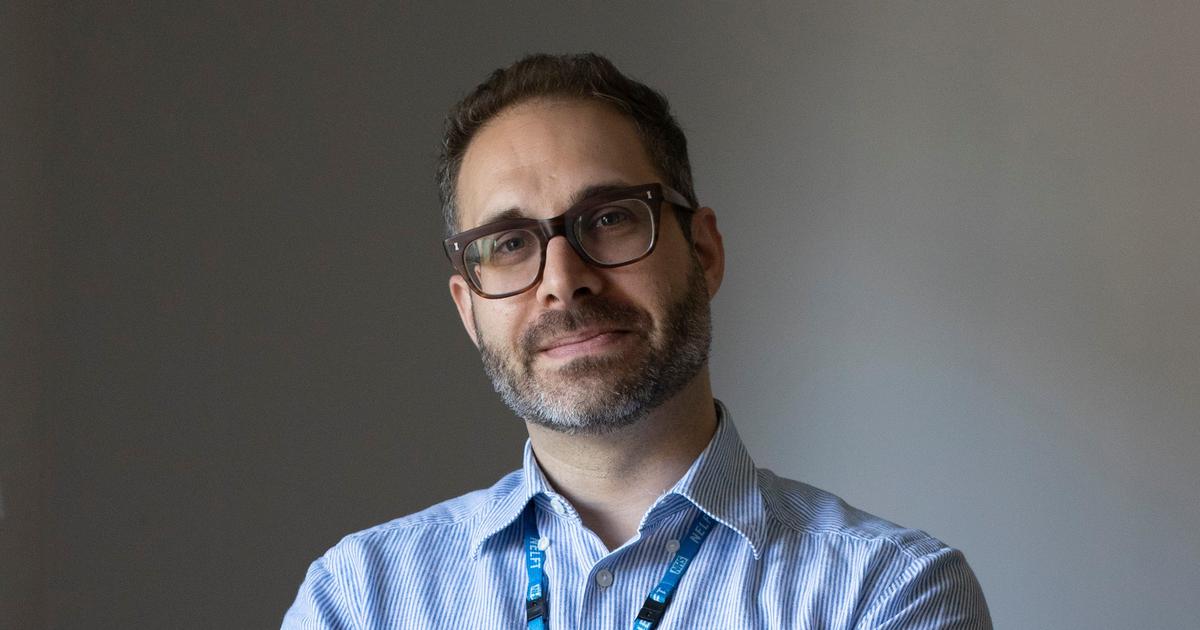How Lucas was miraculously cured of an incurable form

pingpao – stock.adobe.com
Lucas, a Belgian child treated in France, suffered from an infiltrating glioma of the brain stem. His case, unique in the world, is being closely studied to try to develop an effective treatment.
Rare but deadly, infiltrative brainstem glioma is one of the deadliest forms of childhood brain cancer. The tumor affects 50 to 100 children each year and is almost always fatal in France. Only one child seems to defy statistics: his treatment, unique in the world, raises great hopes for research today. On the occasion of World Pediatric Cancer Day, a look at this extraordinary case.
Although the five-year survival rate for pediatric cancers now approaches 85%, infiltrating brainstem gliomas are almost always fatal. Inoperable, these cancers are usually treated with radiotherapy. This sometimes helps to slow down the disease but the effect is only temporary. No drug has yet demonstrated its effectiveness. Progression is very rapid and the outcome is usually fatal within 9 to 12 months after tumor detection.
It is a Belgian child, Lucas, now 13 years old, who defied all predictions: diagnosed at the age of 6 with a disease considered incurable, he is now considered cured, his brain no longer shows any signs of the disease. . tumor “Lucas has exploded all the counters of life,” his doctor, Jacques Grill, the pilot of the brain tumor program in the pediatric cancer department of the Gustave-Roussy anti-cancer center south of Paris, rejoiced to AFP.
Also readCancer: Hope for children
The pediatrician remembers with emotion announcing to Lucas’ parents seven years ago that their son was going to die. At the time, his family came to France for treatment, where the little boy was one of the first patients to join a clinical trial to test the new drug, a targeted therapy. From the beginning, Lucas responded very well to the treatment. “During the MRIs, I saw that the tumor had completely disappeared,” Dr. says Grill, who doesn’t dare to decide to stop the drug. Until he found out that a year and a half ago, the child himself had stopped taking it.
“I don’t know of a case like this in the world,” confides the doctor, whose team started researching this cancer about fifteen years ago. What remains to be understood is why Lucas recovered and how his medical case could bring hope to hundreds of young people in the future. About ten other children included in the same clinical trial found their life expectancy exceeded and were still alive many years after diagnosis but their cancer had not completely disappeared.
“The biological characteristics of their tumor” undoubtedly led to increased life expectancy, which explains their better response to treatment compared to other patients undergoing the same therapy, Dr Grill underlined. “Lucas’ tumor had a very rare mutation and we believe it was this mutation that made his tumor cells more sensitive to the drug,” adds the pediatrician, also a researcher at Insurm. In an ongoing trial (Biomed), which compares the drug discovered by Lucas with a promising new treatment, the Gustave-Rousseau researchers are not only studying the genetic abnormalities of all patients’ tumors but also creating tumor organoids (3D copies of the patient). Tumors are studied in the laboratory to understand their biology and their sensitivity to drugs
“Lucas’ case opens up real hope: we will try to reproduce in vitro the changes we have identified in his cells,” Marie-Anne Debilly, the teacher-researcher who supervised the work, explained to AFP. Specifically, medical teams want to find out whether the DNA changes Lucas introduced, once “reproduced” in other patients, also result in their tumors shrinking. If this is the case, suggests Mary-Anne Debilly, “the next step will be to find a drug that has the same effect on tumor cells as these cellular changes.”
Enthusiastic about this new “therapeutic avenue,” doctors warn, however, that it will take years to find a potentially curative treatment. “It takes an average of 10 or 15 years between track and medicine, it’s a long-term job,” recalls Jacques Grill.
” data-script=”https://static.lefigaro.fr/widget-video/short-ttl/video/index.js” >




